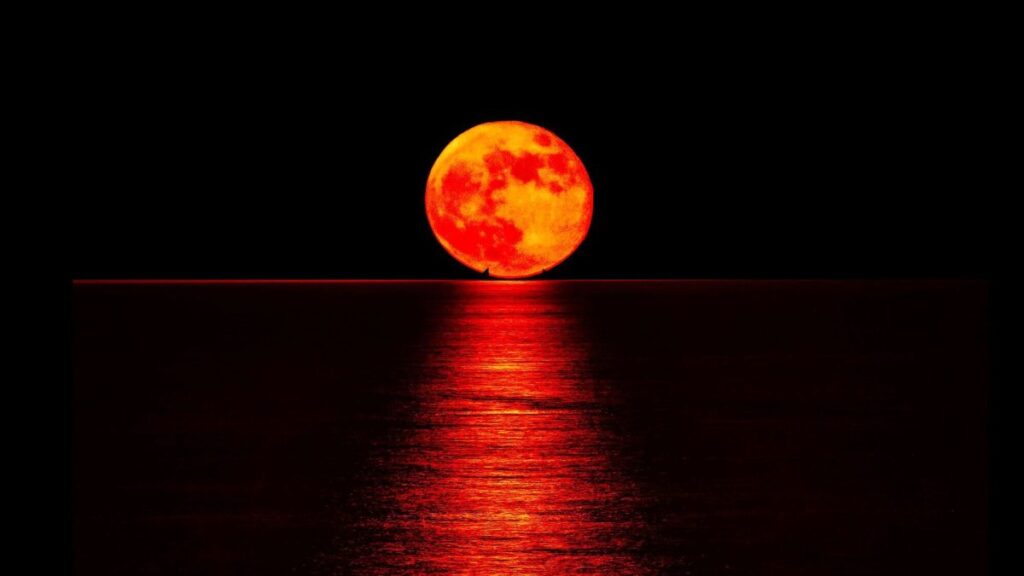On Sunday, September 7, 2025, millions of people across the world witnessed a rare celestial spectacle the blood moon. While modern science explains it as a lunar eclipse caused by Earth’s shadow, many cultures have long attached mystery, fear, and wonder to this crimson glow in the sky. Here are five fascinating and bizarre beliefs about the blood moon from different corners of the world.
1. Samburu’s Sky Traditions – Kenya
Among Kenya’s Samburu pastoralists, a red moon often signals death, war, or famine. Yet, Samburu Governor Jonathan Lati Lelelit recently described the blood moon as proof of their enduring star traditions. The community has long practiced star reading, even telling stories of a rope tied to planet Venus that once connected humans to the heavens.
2. The Inca Jaguar – South America
The ancient Inca saw the blood moon as a jaguar devouring the moon. Fearing the beast might descend to Earth, they created chaos—shouting, clashing weapons, and making dogs bark—to scare it away.
3. Mesopotamian Royal Substitutes
In ancient Mesopotamia, a lunar eclipse was thought to be a direct threat to the king. To protect him, a proxy king would be installed temporarily, while the real monarch hid. Once the eclipse passed, the substitute often met a grim fate.
4. Hindu Myth of Rahu – India
Hindu mythology attributes lunar eclipses to the demon Rahu, who tried to steal immortality. After being decapitated, his immortal head chases the sun and moon. When Rahu swallows the moon, an eclipse occurs. Many Hindus still follow customs such as covering food and avoiding household chores during eclipses, especially for pregnant women.
5. Healing the Moon – Native America
The Hupa and Luiseño tribes believed the moon became wounded or ill during an eclipse. Healing rituals followed, with chants and songs directed toward the darkened moon. Similarly, the Batammaliba people of Togo and Benin see eclipses as a call for reconciliation, urging communities to resolve conflicts.
From omens of disaster to opportunities for peace, the blood moon has captivated human imagination for centuries. Though we now understand the science, its myths remind us how cultures once sought meaning in the skies.

